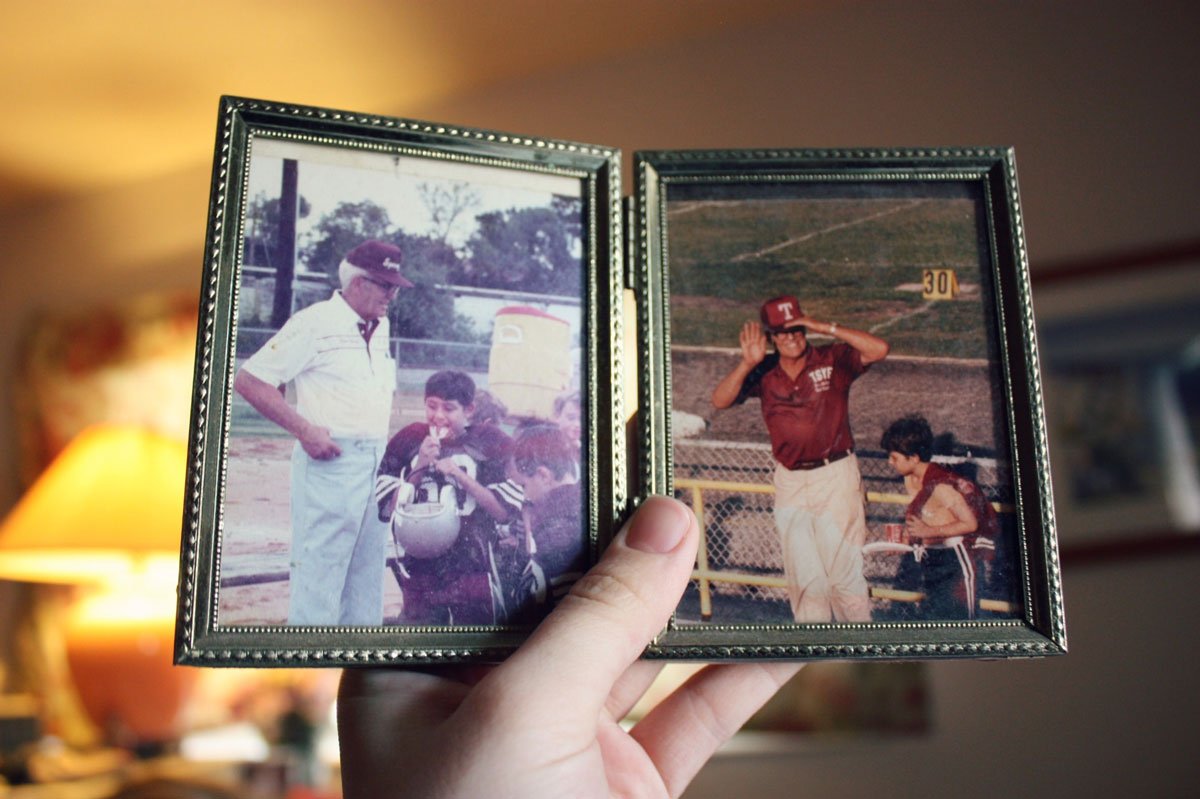Forget Memory and Try Imagination!
Have you ever spent time with an older person — especially a person living with dementia – and wondered how to connect with them in a meaningful way? It can be hard to know where to start. Sometimes we'll try to bring up fond memories or stories but what if those memories have faded due to cognitive decline? The older person might feel shame or embarrassment because they can’t remember.
Creative Engagement is a technique that values each person's abilities from moment to moment. It accepts their memory limitations and engages their imagination in playful ways. Here are some suggestions to get you started with Creative Engagement:
Ask Beautiful Questions: These are open-ended questions that don’t require memory or complex thinking to answer. For example, instead of asking, “What is your favorite summer memory?” try, “How does summer make you feel?” There are no wrong answers to Beautiful Questions!
Say, “Yes, and…”: One of the first rules of theatrical improvisation is to accept what a person offers and build on it. For example, let’s imagine a person living with dementia who doesn’t remember her mother has died. This person says, “I need to find my mother.” Instead of retraumatizing them by reminding them that their mother has died, you could say, “Yes, and tell me about your mother. I think you told me she’s a terrific cook!” Saying “yes, and…” validates the person and opens up the possibility for further interaction and connection.
Show Proof of Listening: Make eye contact, respond to communication, and maintain open body language. These demonstrate that you care and are listening.
Creative engagement has been shown to decrease social isolation among older adults and care partners, increase communication among older adults, and positively impact their mood.
You can learn more about this approach by signing up for a free TimeSlips membership and taking a 45-minute training available to anyone free of charge. TimeSlips is a non-profit organization dedicated to infusing creative engagement into as many caregiving relationships as possible. The TimeSlips approach is simple and includes three basic practices you can use anytime with anyone.
We are grateful to this month's guest newsletter contributor Ann McQueen, TimeSlips Executive Director. Previously, Ann worked for the Office of Aging and People with Disabilities within the Oregon Department of Human Services. She is especially interested in the experiences of people living with dementia and in helping to create a world that affords them the respect, dignity, and companionship that all human beings deserve.
Why should you join our NEXT ‘23 cohort and do LiveWell?
In addition to complying with quality assurance standards, LiveWell helps retain staff and build community. Care communities that do LiveWell have a 60% decrease in staff turnover. LiveWell also improves the quality of life for staff and residents. Residents have fewer falls and fewer medication errors, and staff experience fewer workplace injuries.
LiveWell communities also reduce their costs: Reduced falls and increased staff retention help communities save an average of $135,900 annually.
Still looking for signs of spring,
— Barbara, Steve, Andy, Marcus, Cecilia, Whitney, Ann, Miles, and Judy


